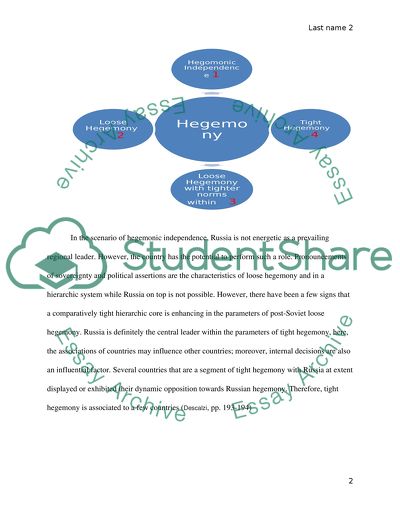Cite this document
(“The effects of Putin's hegemony on lives of Russian citizens Research Paper”, n.d.)
The effects of Putin's hegemony on lives of Russian citizens Research Paper. Retrieved from https://studentshare.org/journalism-communication/1475878-the-effects-of-putin-s-hegemony-on-lives-of
The effects of Putin's hegemony on lives of Russian citizens Research Paper. Retrieved from https://studentshare.org/journalism-communication/1475878-the-effects-of-putin-s-hegemony-on-lives-of
(The Effects of Putin'S Hegemony on Lives of Russian Citizens Research Paper)
The Effects of Putin'S Hegemony on Lives of Russian Citizens Research Paper. https://studentshare.org/journalism-communication/1475878-the-effects-of-putin-s-hegemony-on-lives-of.
The Effects of Putin'S Hegemony on Lives of Russian Citizens Research Paper. https://studentshare.org/journalism-communication/1475878-the-effects-of-putin-s-hegemony-on-lives-of.
“The Effects of Putin'S Hegemony on Lives of Russian Citizens Research Paper”, n.d. https://studentshare.org/journalism-communication/1475878-the-effects-of-putin-s-hegemony-on-lives-of.


